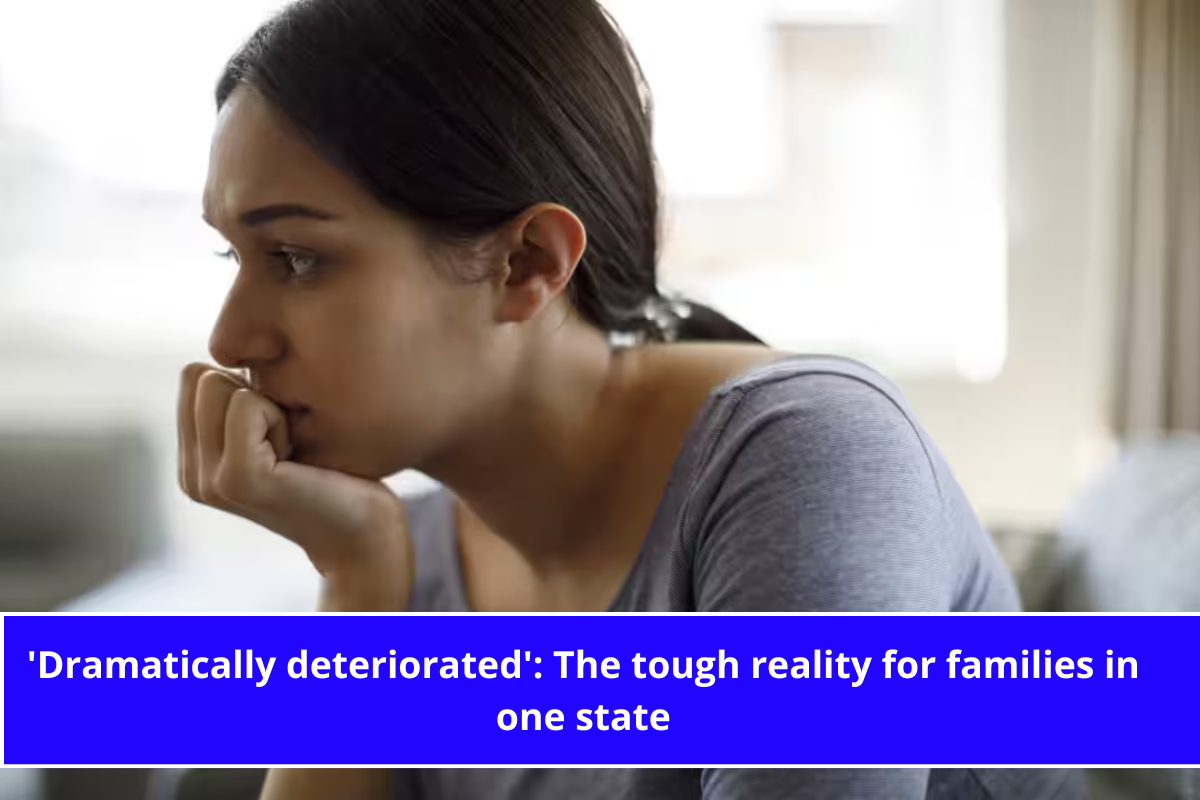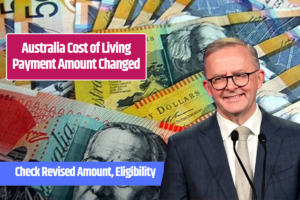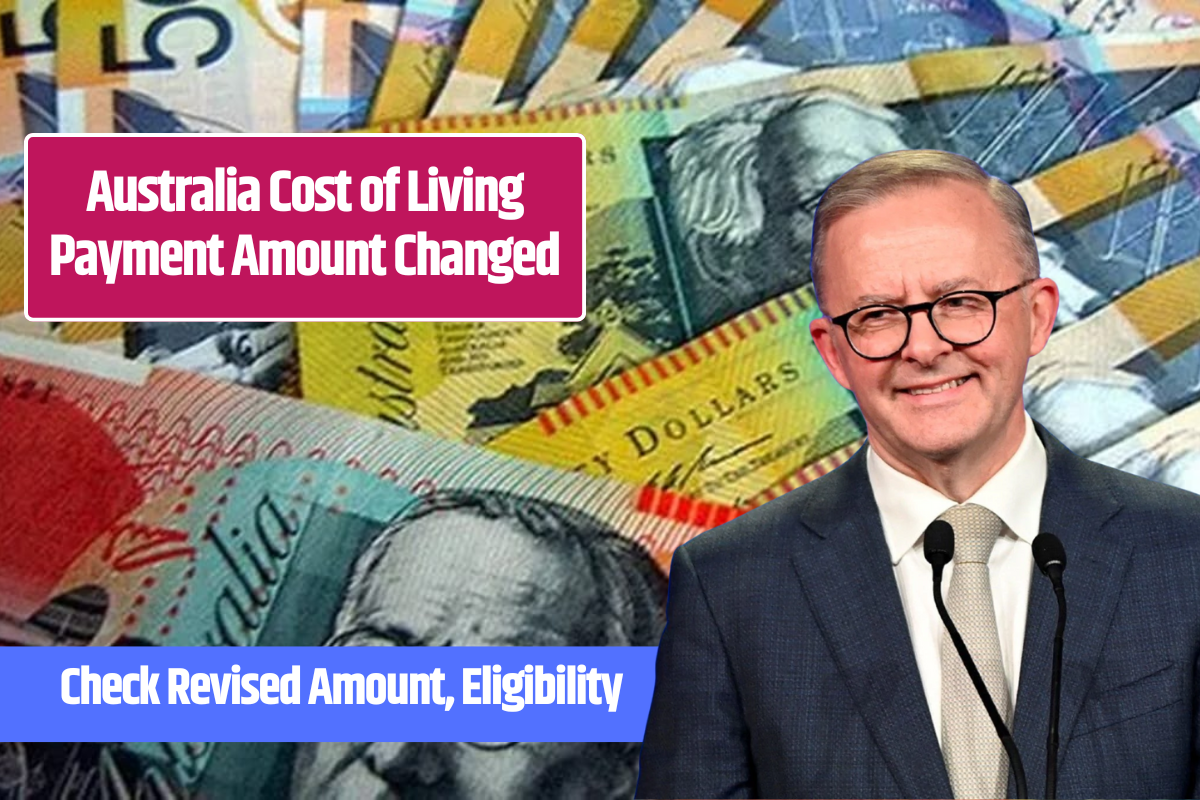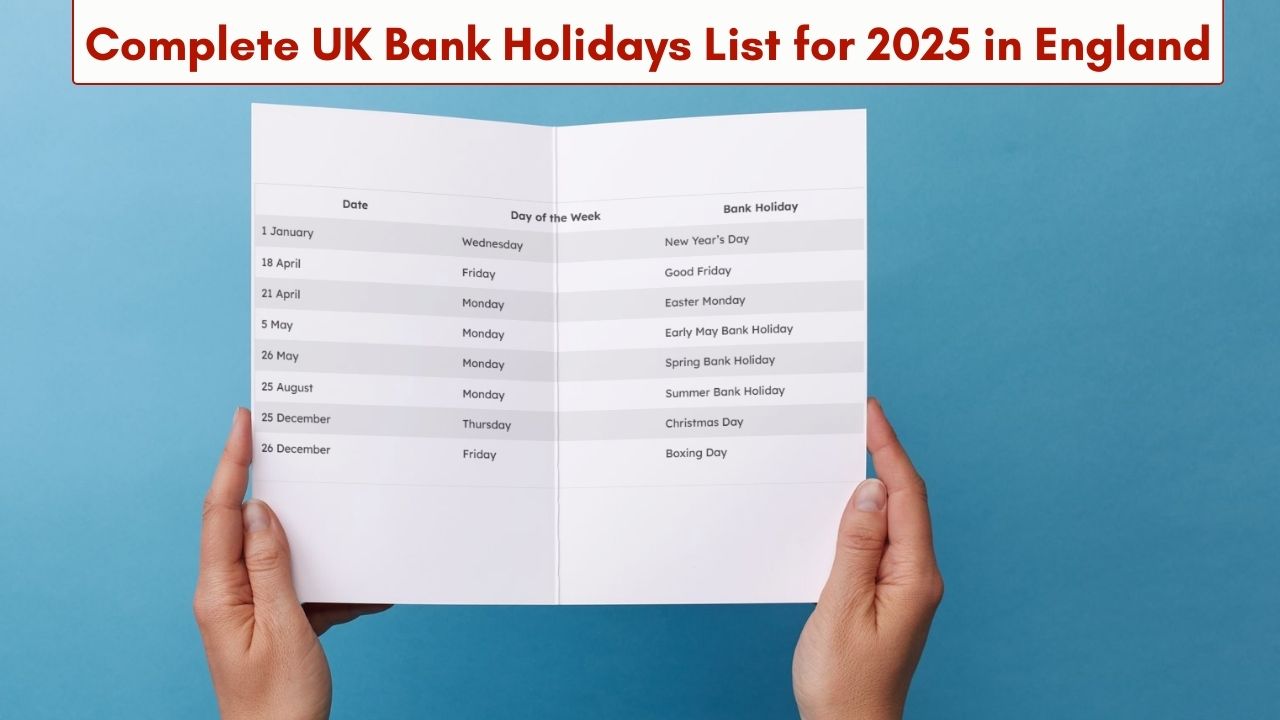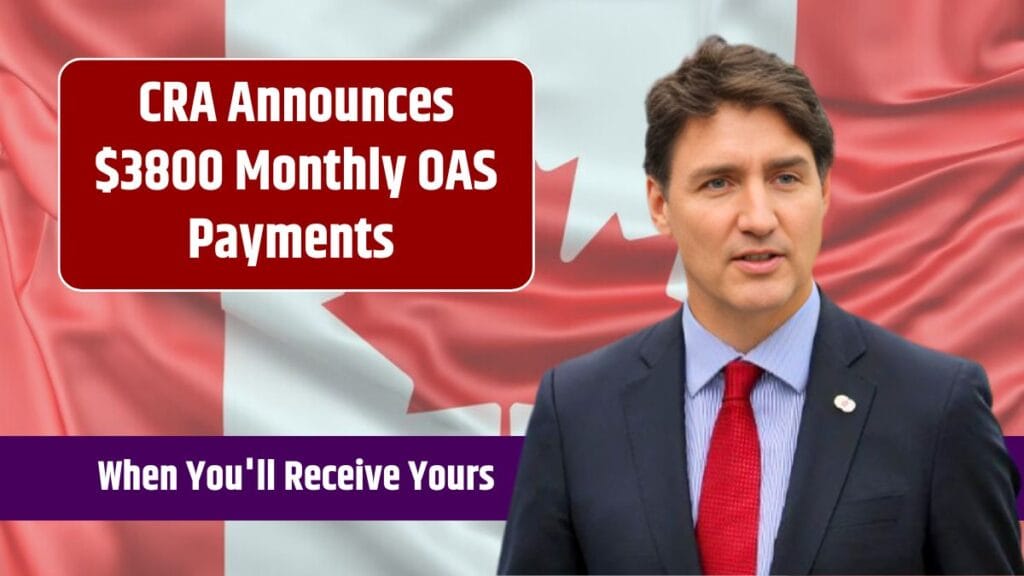A new report underscores the severe realities of the cost-of-living crisis, indicating that single and unemployed Western Australians are marginally better off financially than families.
The WA Council of Social Service (WACOSS) report, which was published on Thursday, revealed that middle-class working families are experiencing unprecedented financial hardship and are experiencing a decline in their standard of living.
For the first time in the nearly two-decade-long history of the annual Cost of Living Report series, dual-income households—two-parent families with one full-time and one part-time minimum wage earner—are unable to make ends meet, as their weekly expenditures exceed their income by $60.77. According to WACOSS, the financial circumstances of these households had “substantially declined.”
WACOSS estimated that the living expenses of an unemployed individual who is single were 15 cents higher than their weekly income.
‘Every single household under strain’
According to the analysis, solitary parents are currently facing the most severe shortage and require an additional $94.12 per week to cover their essential living expenses.
WACOSS’s analysis was predicated on the following assumptions: a single-parent family rented a unit, a dual-income family rented a house, and an unemployed single individual shared a house with two others and paid one-third of the total rent.
It was presumed that the weekly rental price of the residences they rented was 85% of the median price for the given property classification.
Giolitto informed reporters on Thursday that the burden is being felt by “every single household” in Western Australia, including pensioners, solitary parents, and those who depend on JobSeeker payments.
“Our systems are failing and it is not acceptable in this country that we have children going without food,” she pointed out. “Their parents are doing their absolute best.”
The analysis revealed that single parents are experiencing the greatest shortfall, requiring an additional $94.12 per week to fund essential living costs.
Melanie Hopkinson, CEO of the Financial Counsellors Association of Western Australia, stated that her members are prioritizing the preservation of their homes by neglecting to renew their vehicle and health insurance and avoiding delinquent bills.
Kieran Wong, the chair of Shelter WA, emphasized the importance of rent stabilization and reforms to no-grounds evictions in order to establish a more equitable housing system.
In response to the report, WA Premier Roger Cook stated that the state government had allocated over $1 billion to 20 initiatives in an effort to mitigate the increasing cost of living in the previous year.
“Western Australians are doing much better with the cost of living issues that is impacting the nation at the moment, than people in other states,” according to him.
“That’s because we’ve got the strongest economy in the country, the lowest unemployment rate, and so the opportunities for Western Australians to be more resilient during this cost of living issues is absolutely prevalent.”
WACOSS stated that it has provided the state government with a variety of “targeted solutions” for the most vulnerable individuals, emphasizing long-term assistance over what it terms “sugar hits.”
“While WACOSS supports providing free entry into the museum, and the zoo, or the royal show, they are not a cost of living measure, they are a social measure,” Giolitto pointed out.
“You may have attended the zoo for free; however, you are unable to provide for your children upon returning home.”
“We have seen surplus budgets in many years and we are asking the state government to prioritise its people, above the economy.”
Also See: PSA welcomes SCA’s order for Bathabile Dlamini to pay back Sassa money
